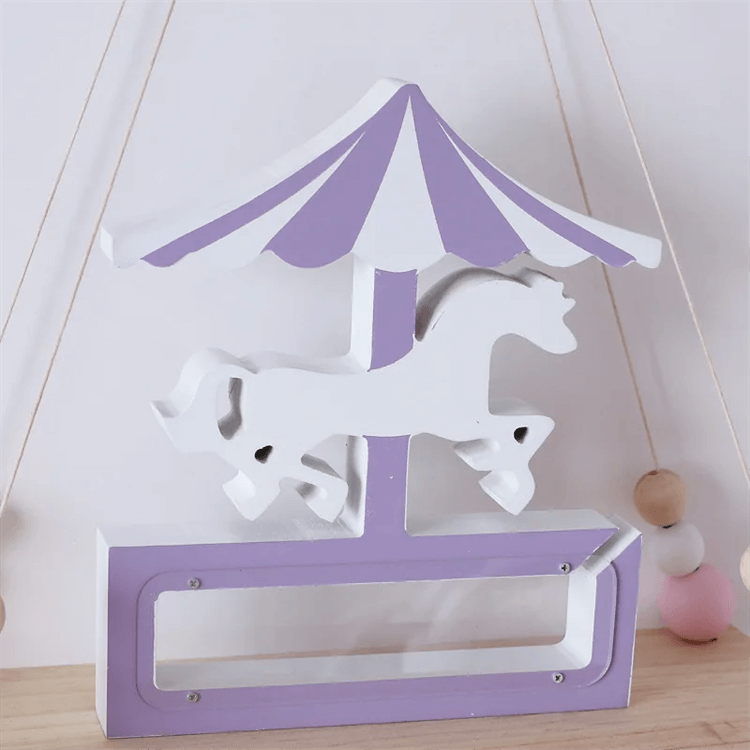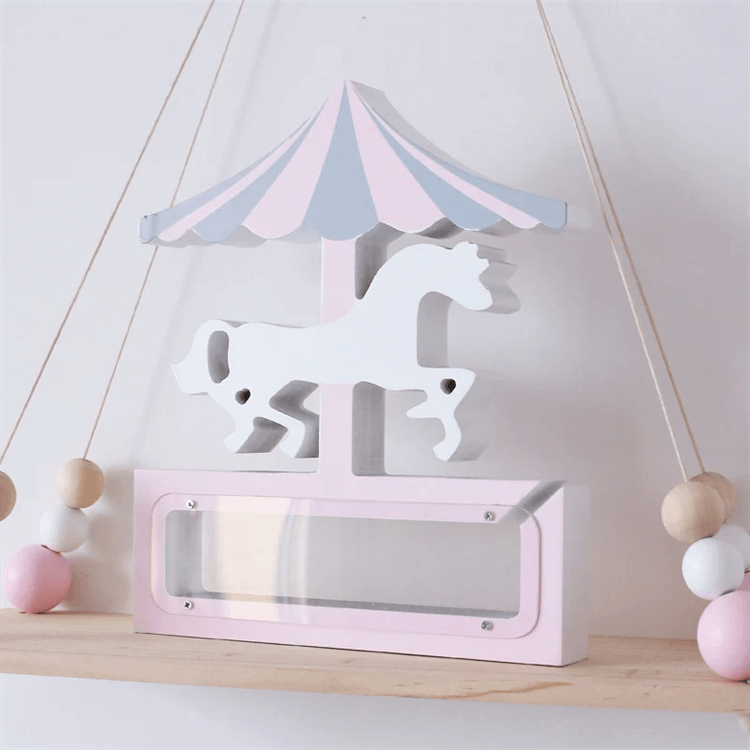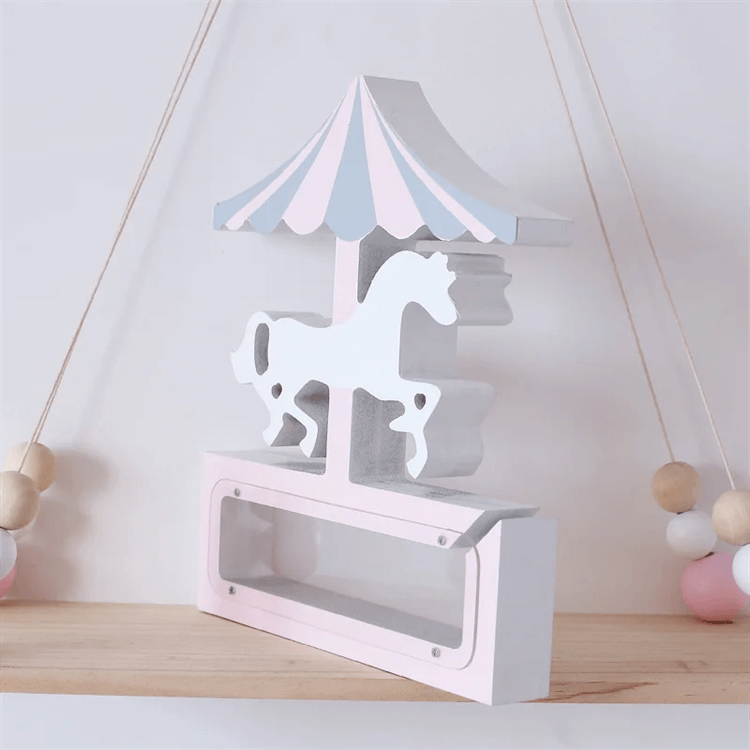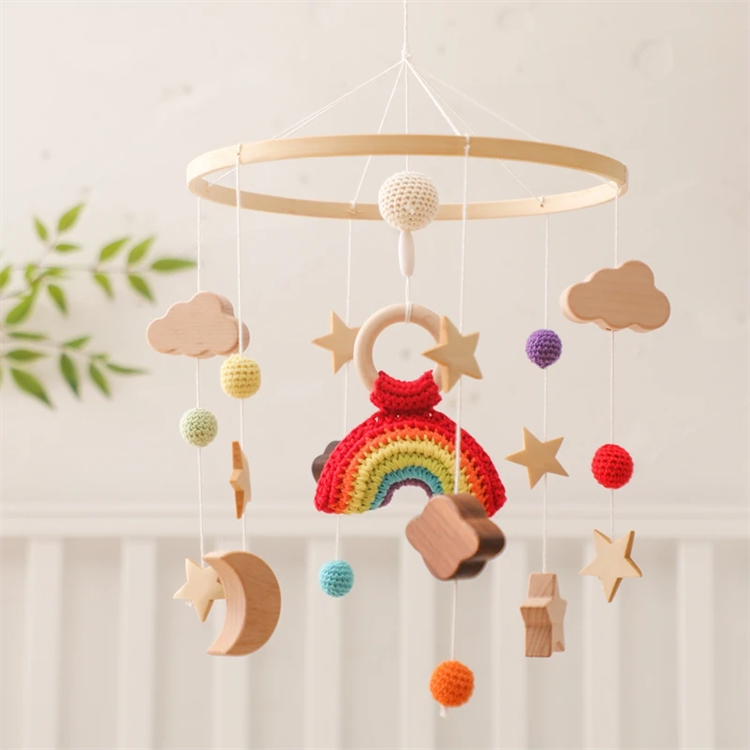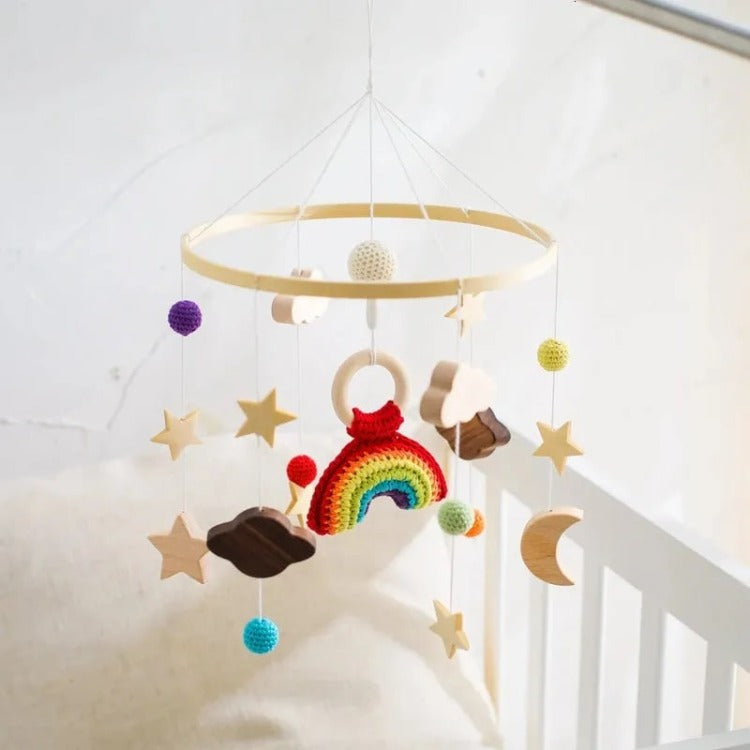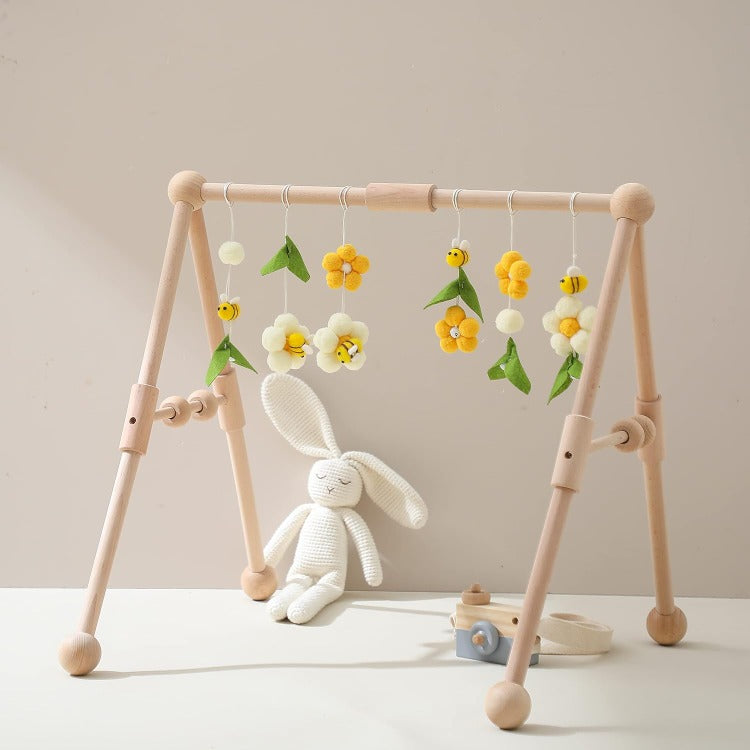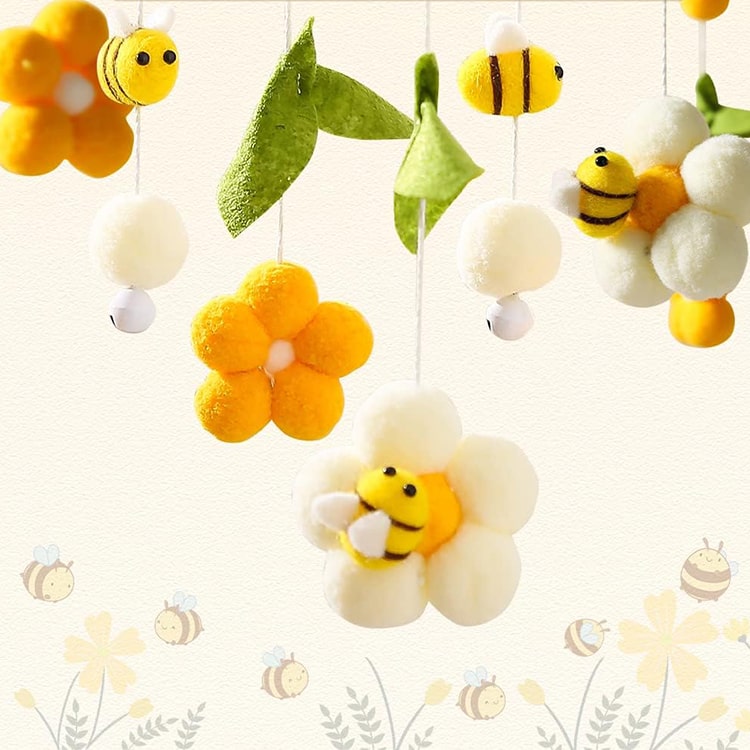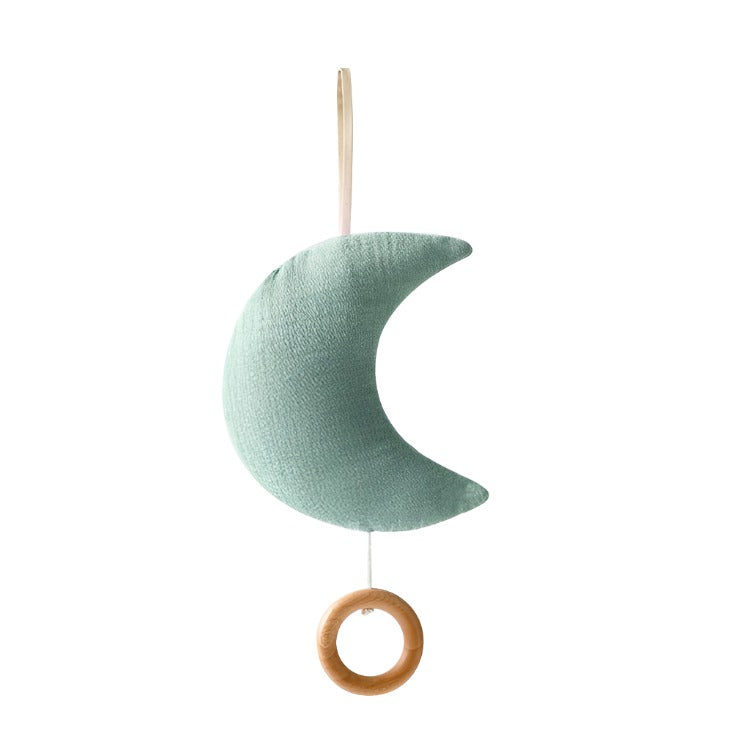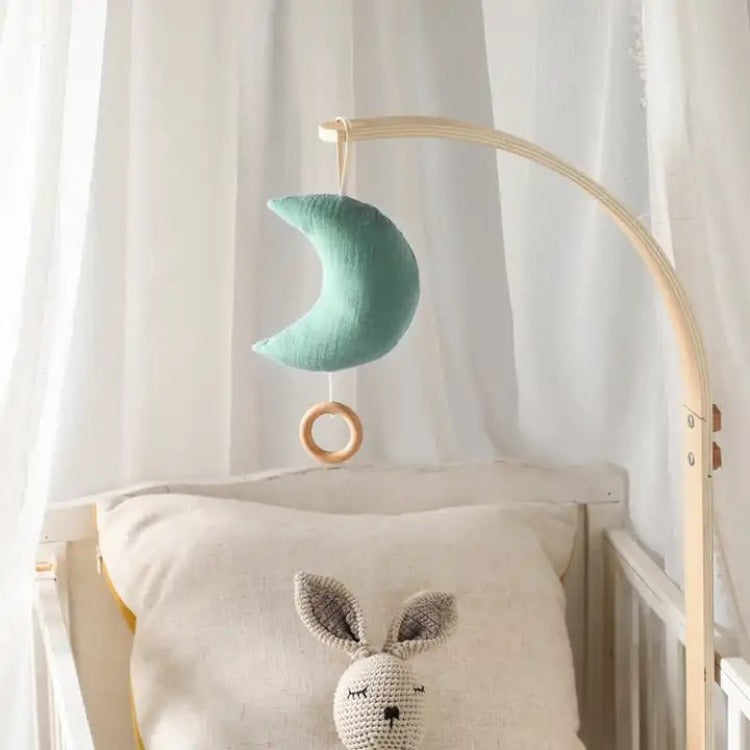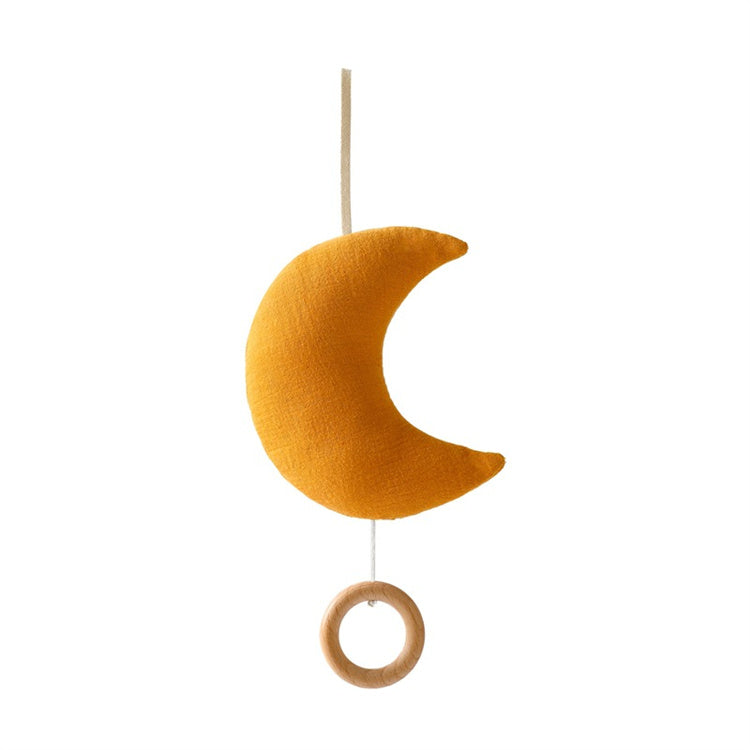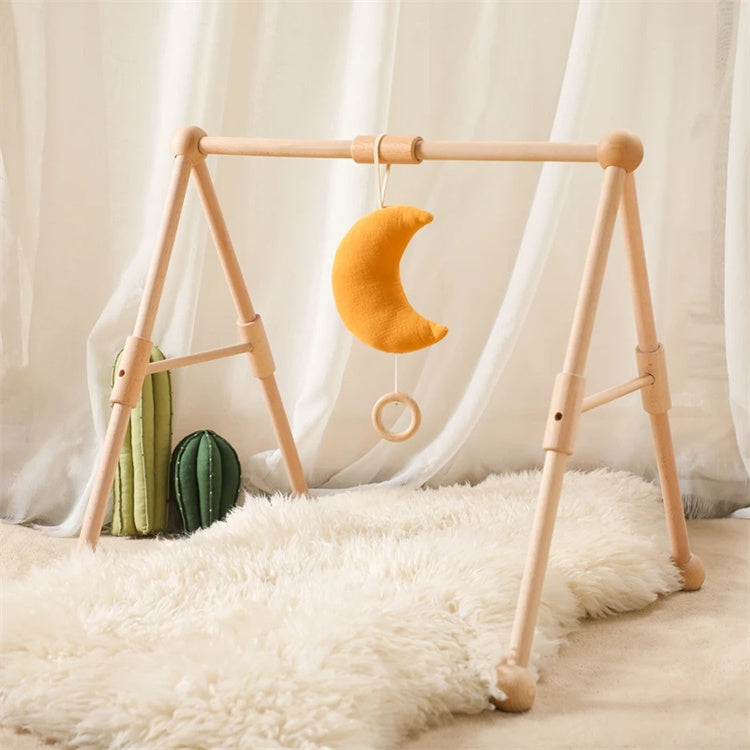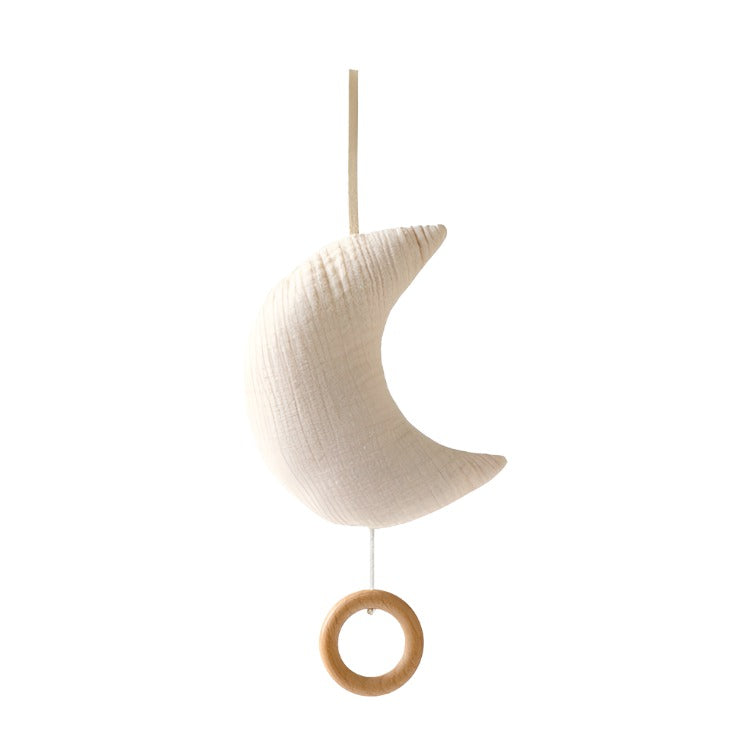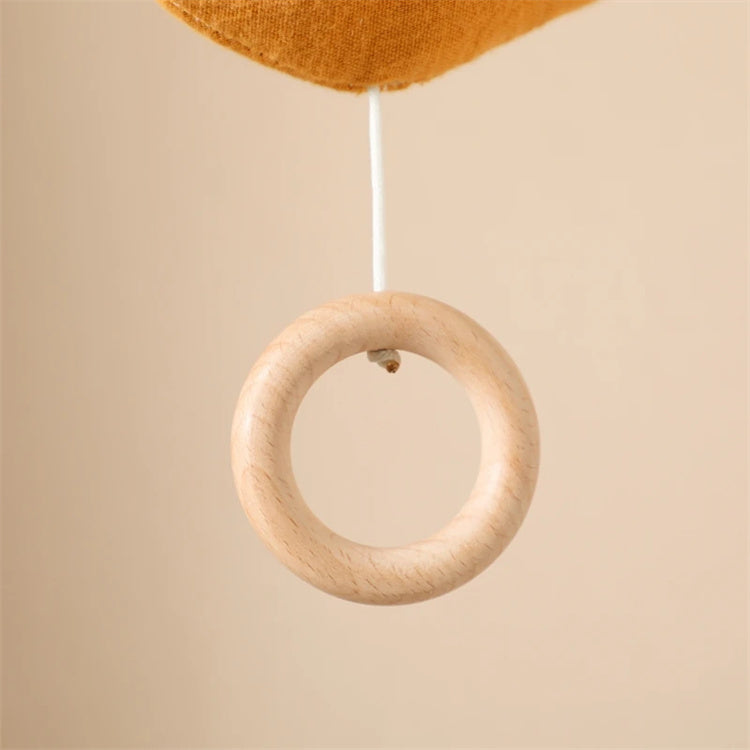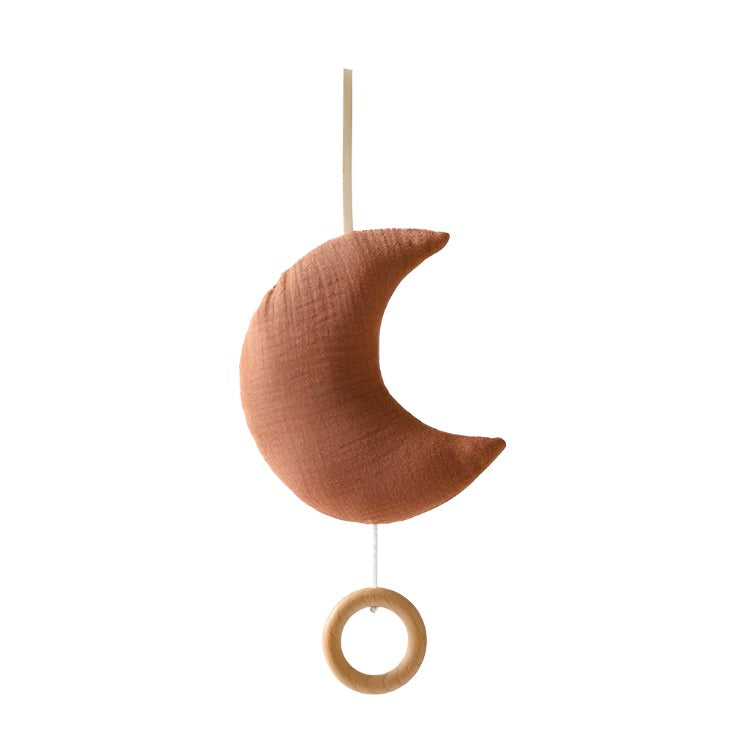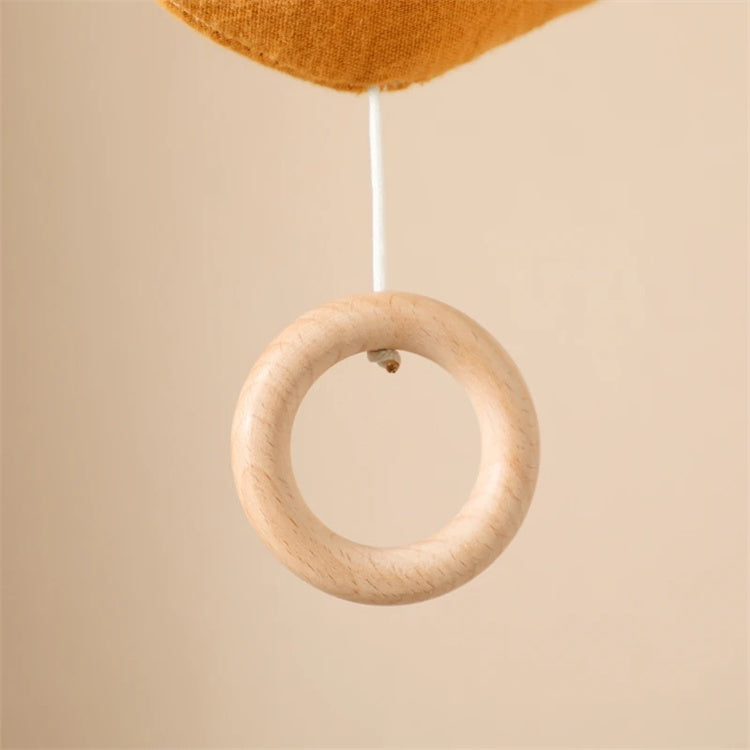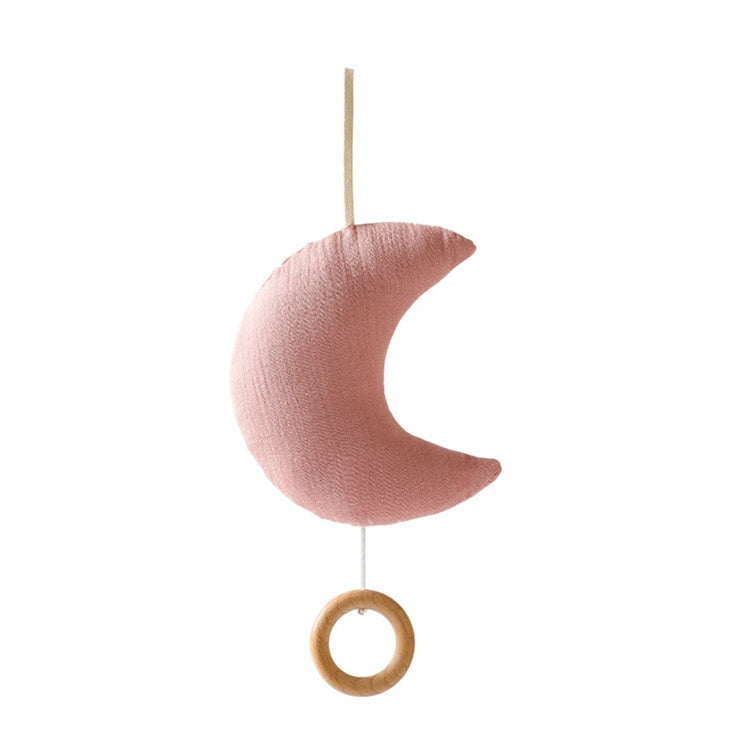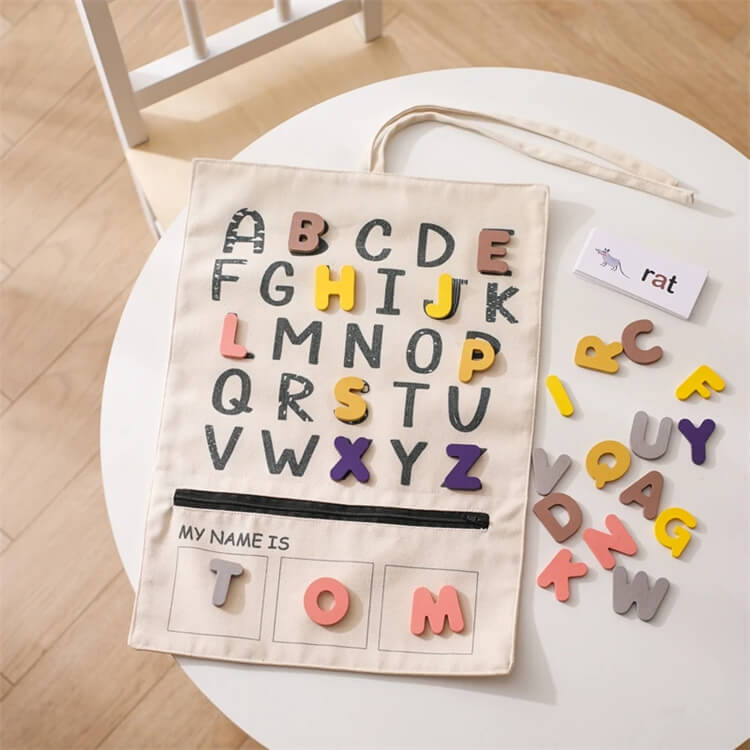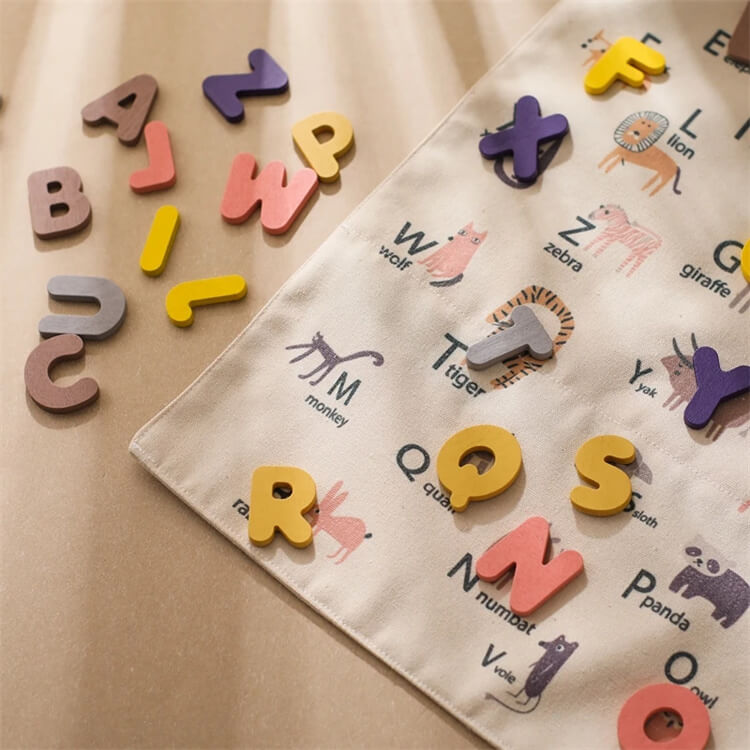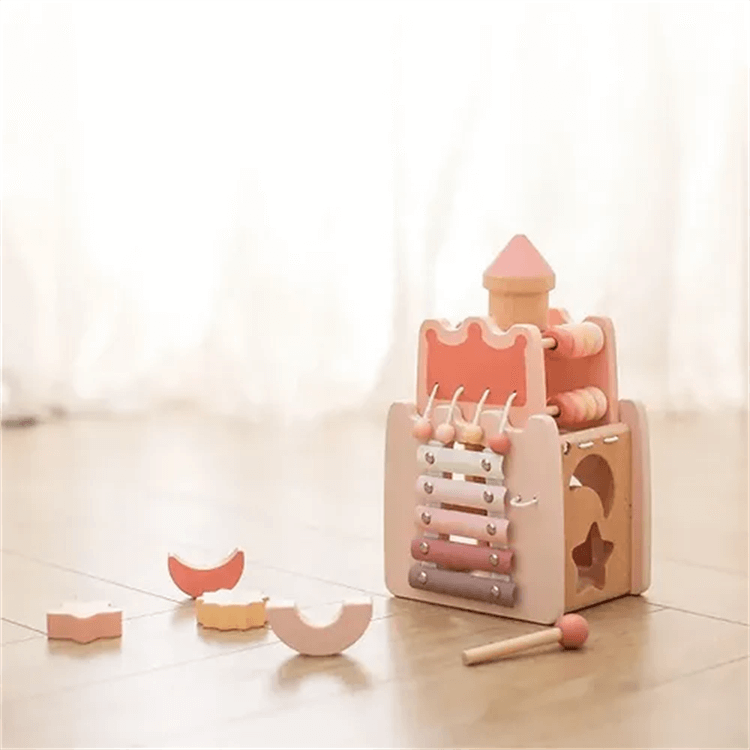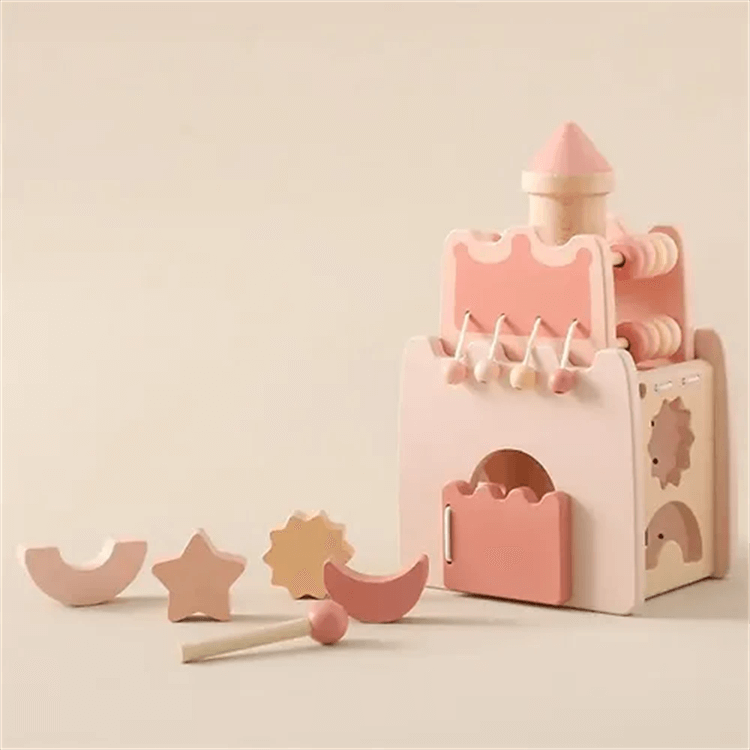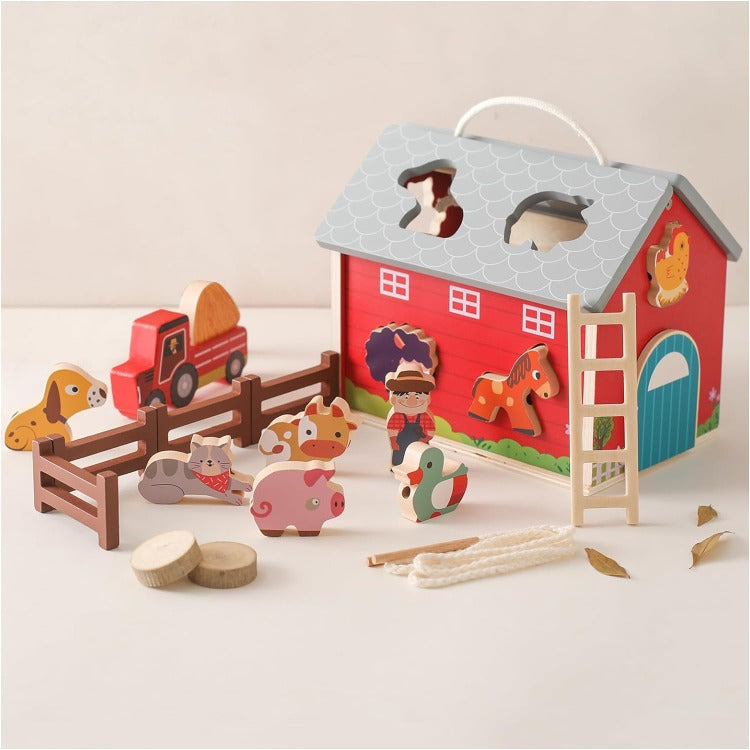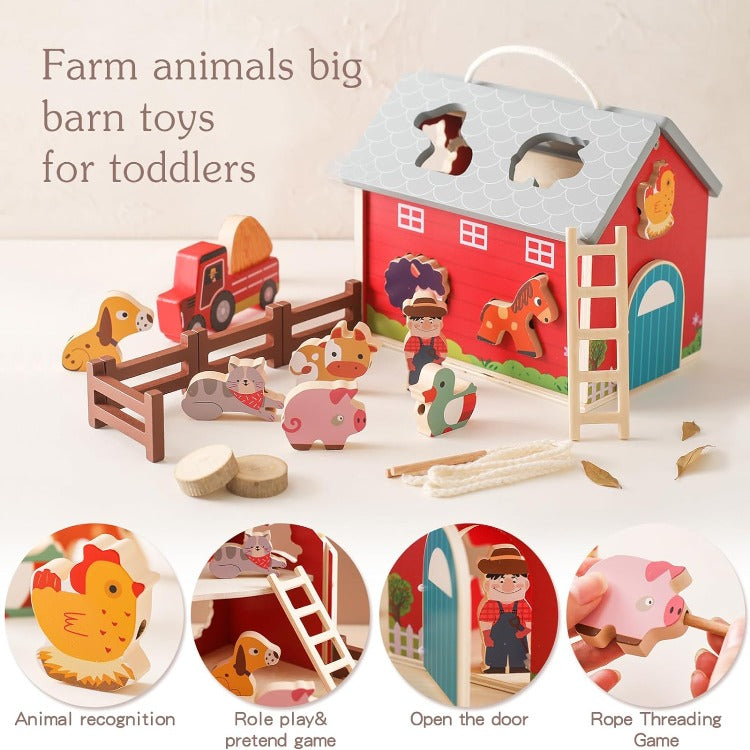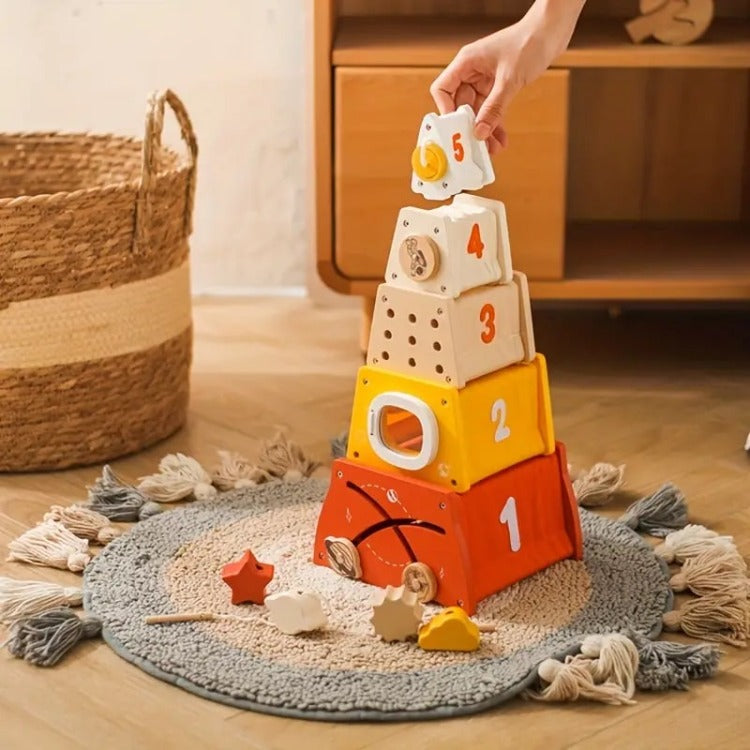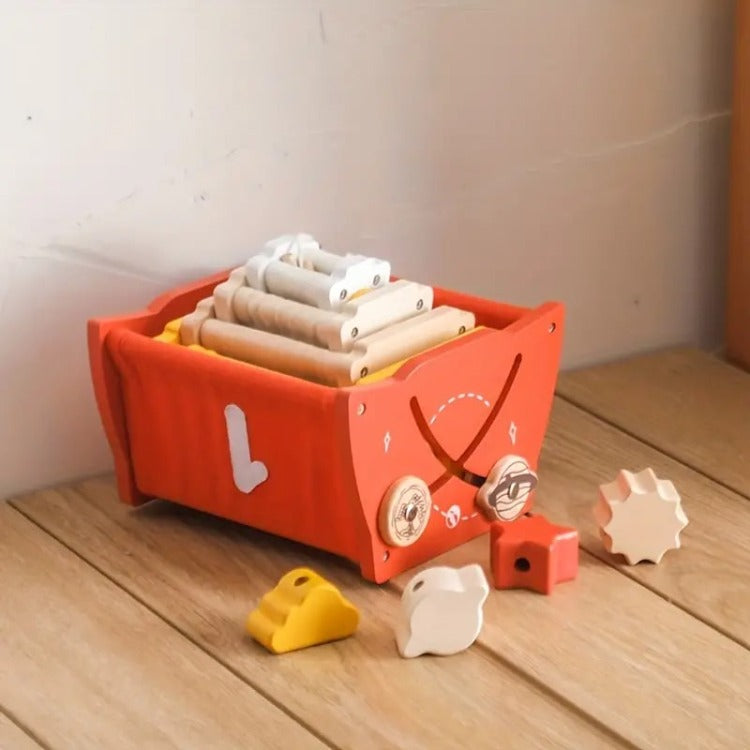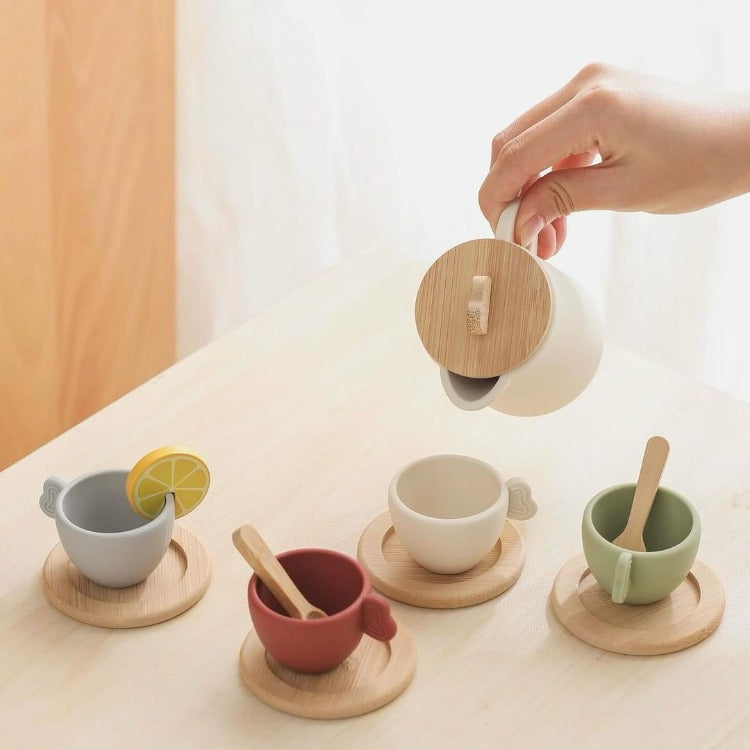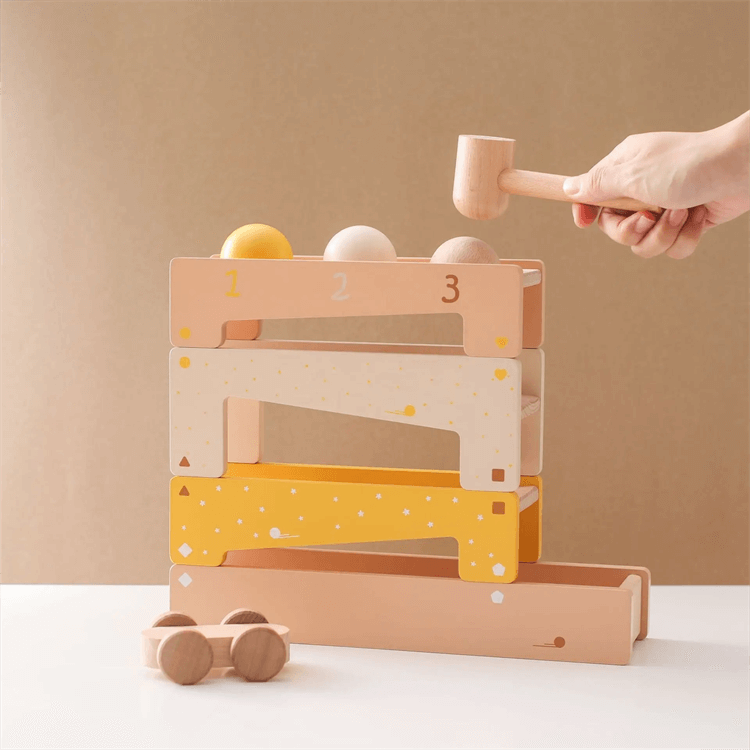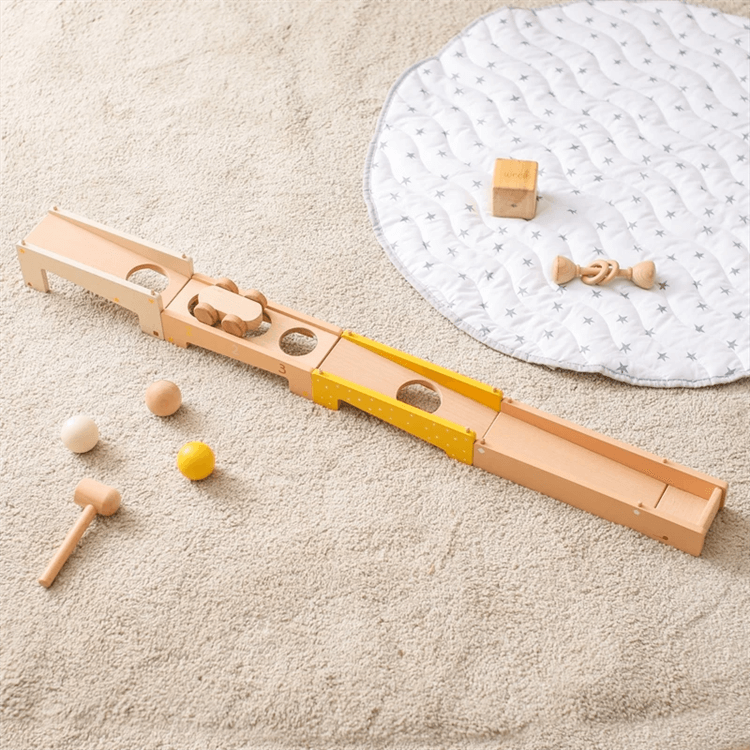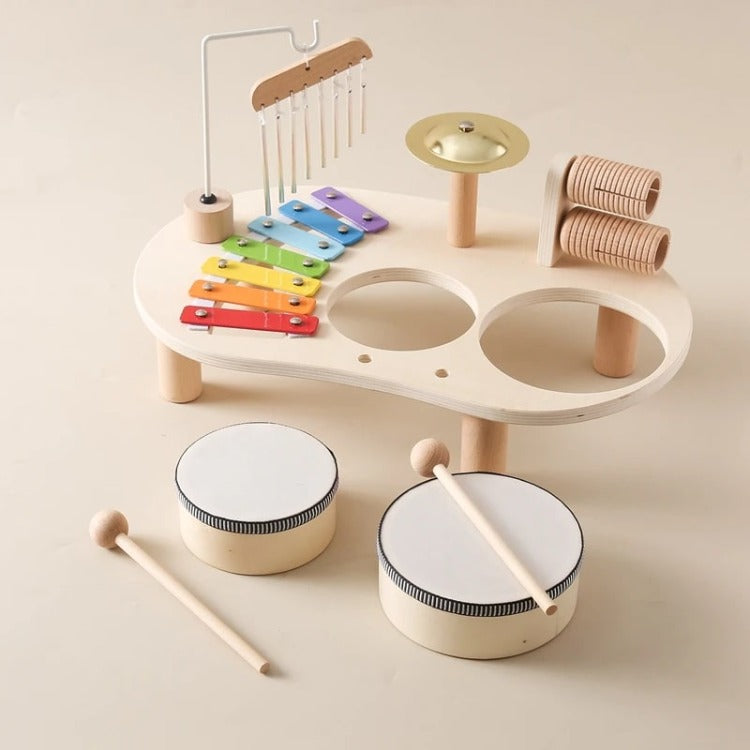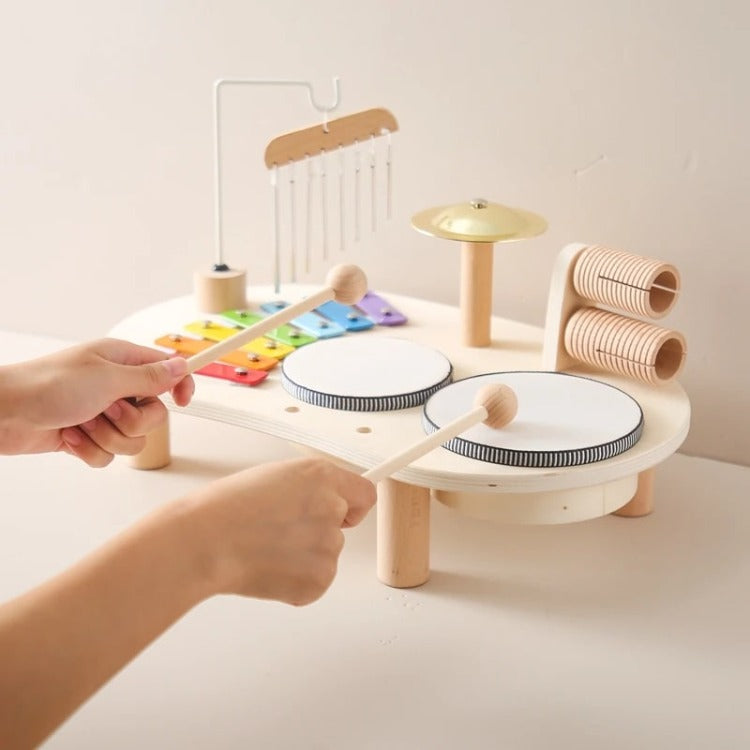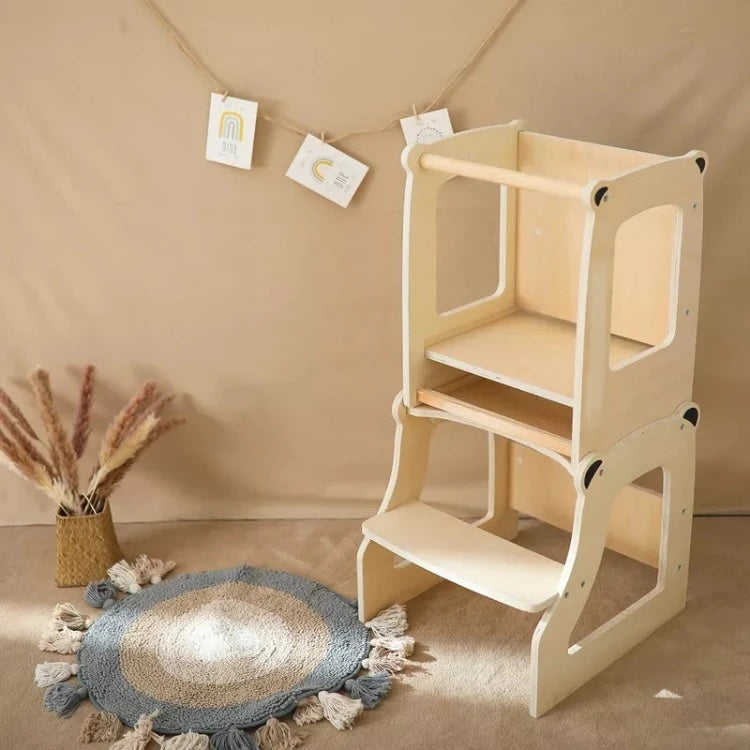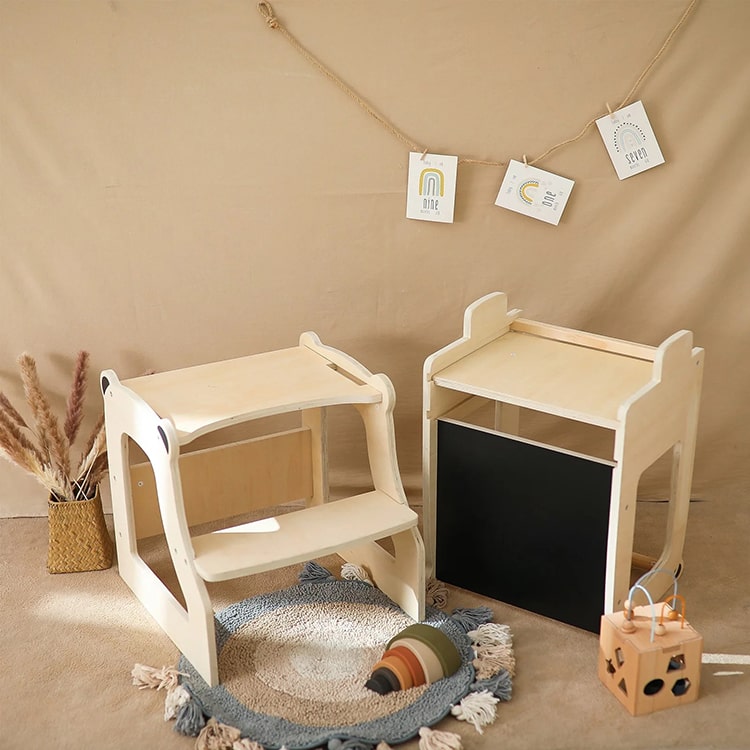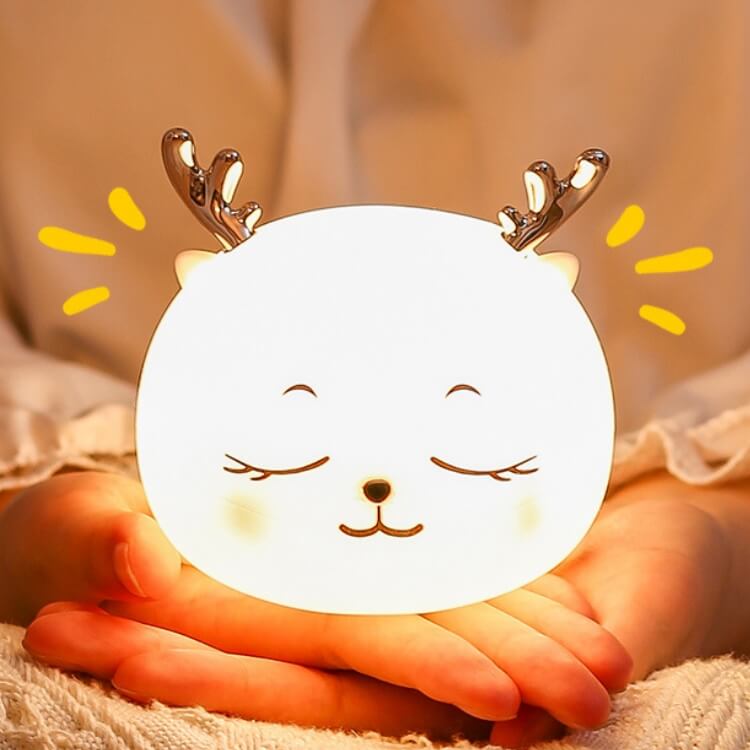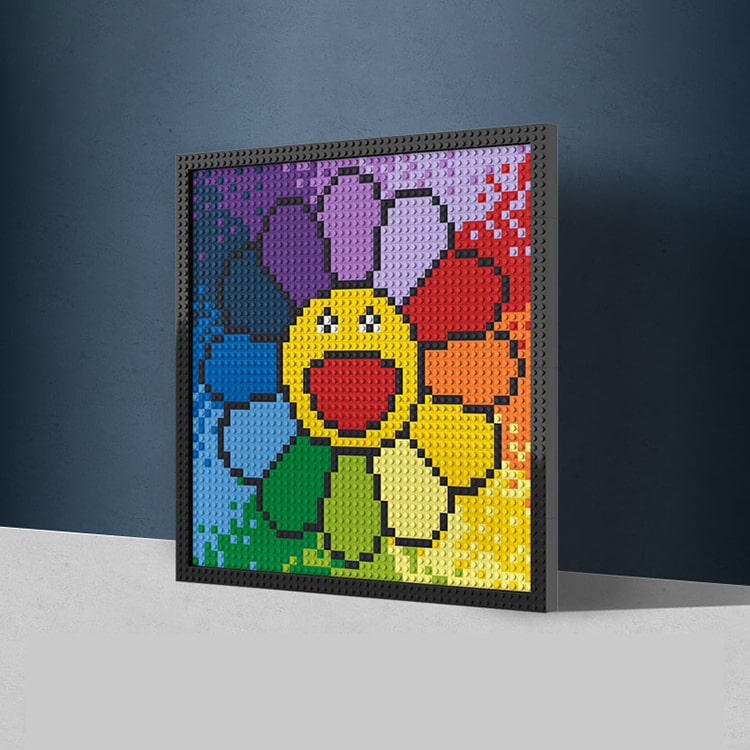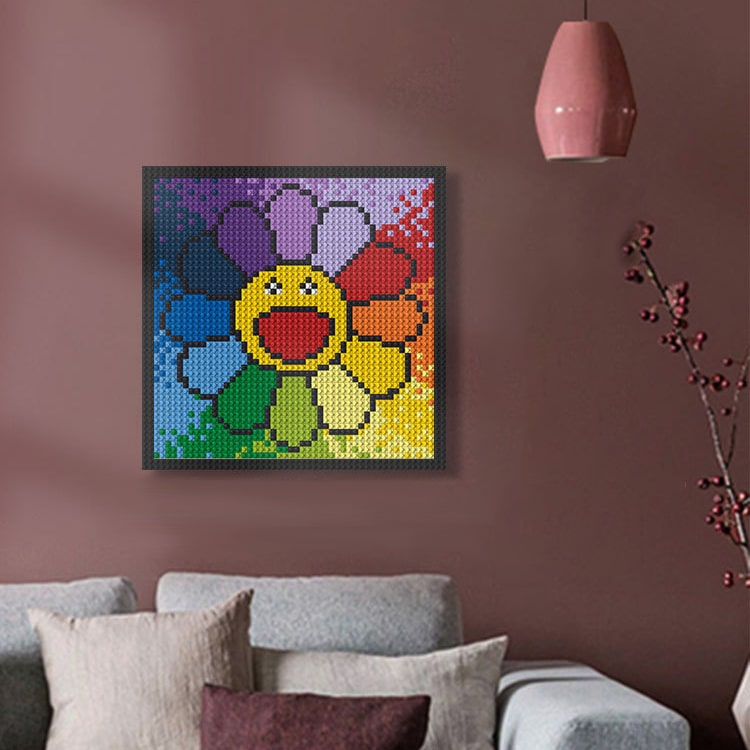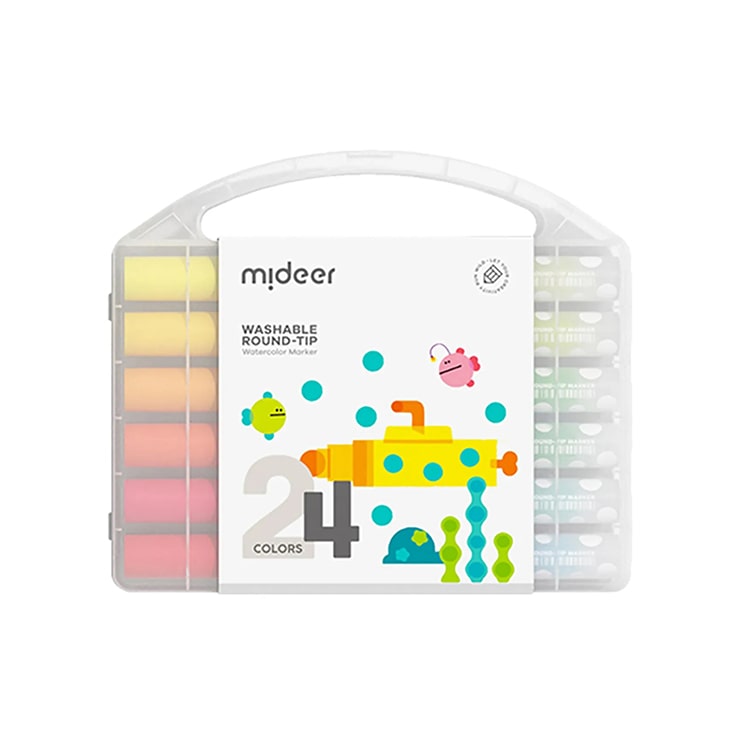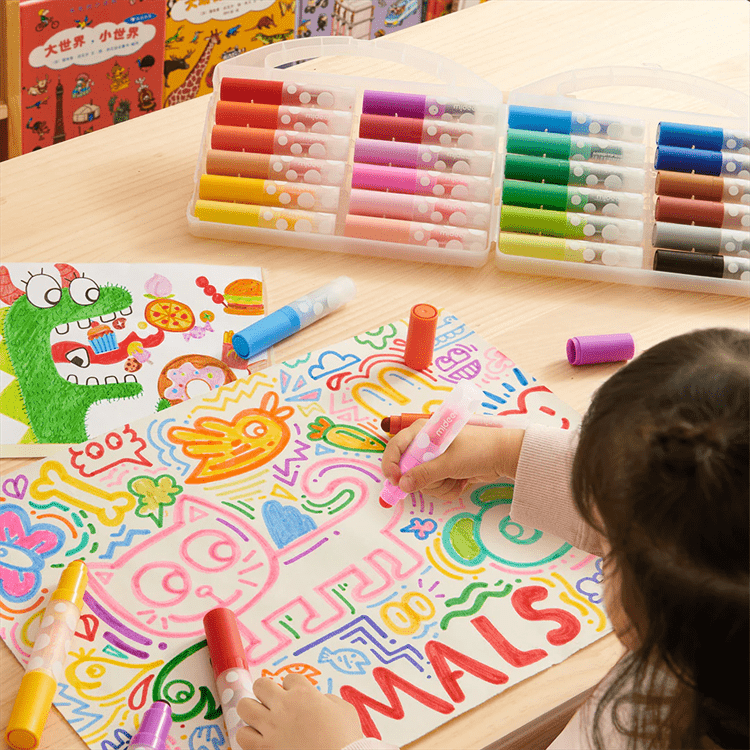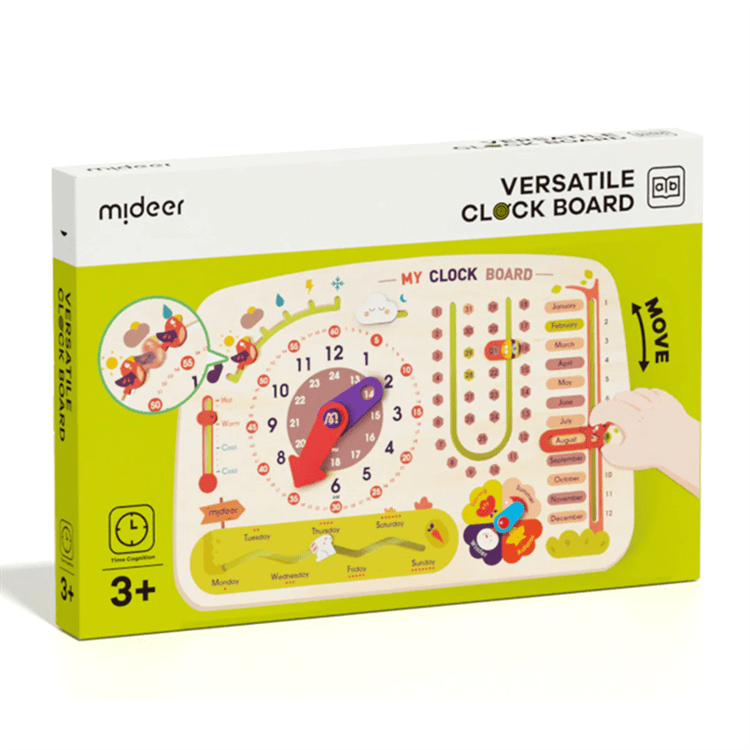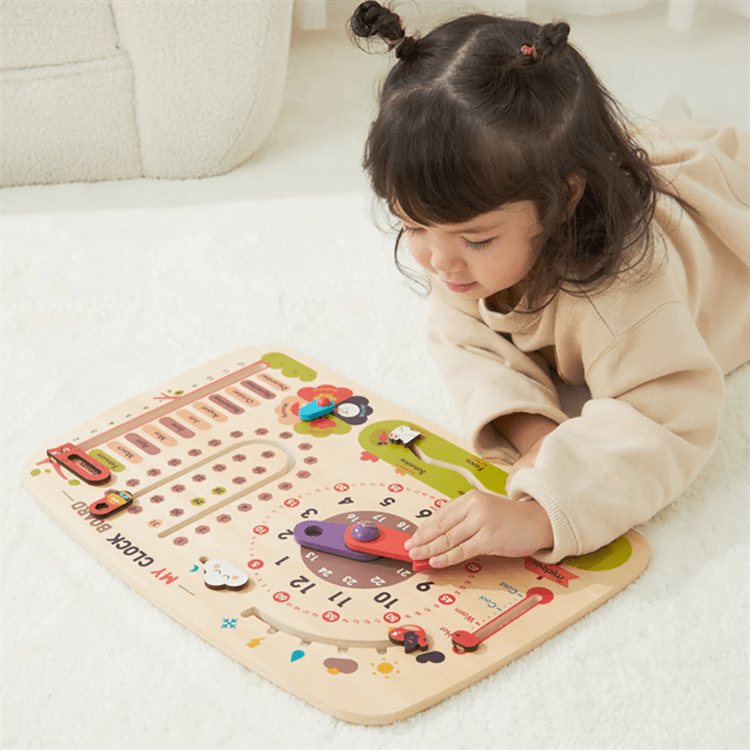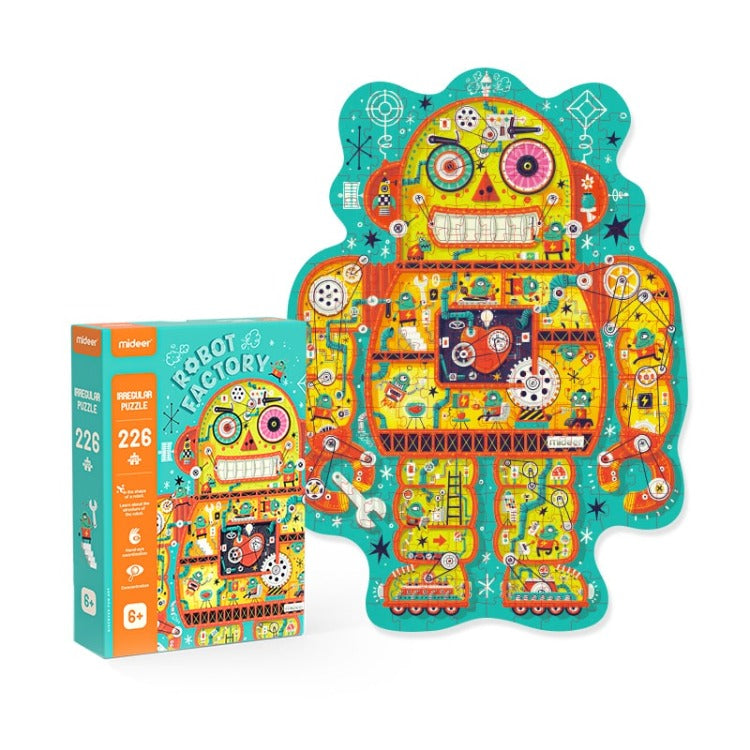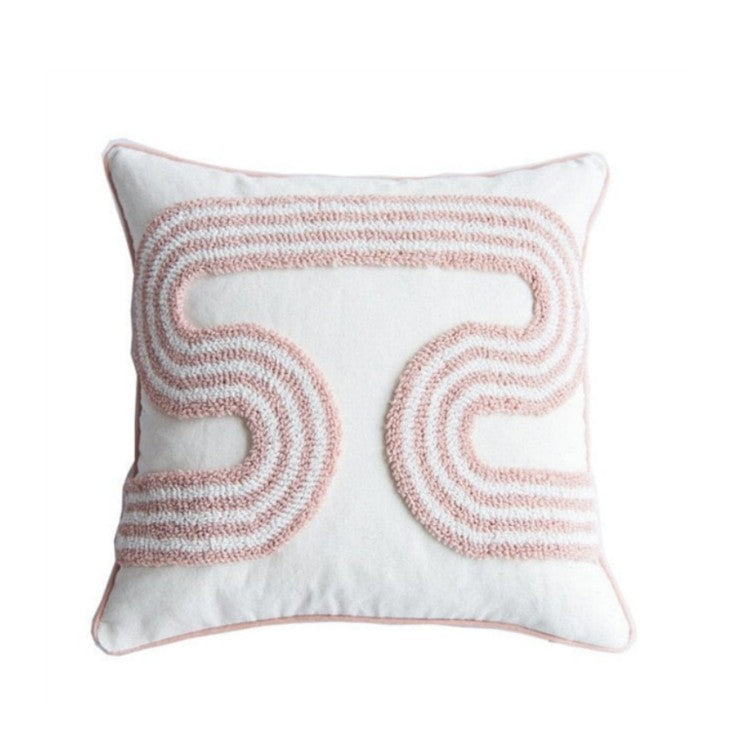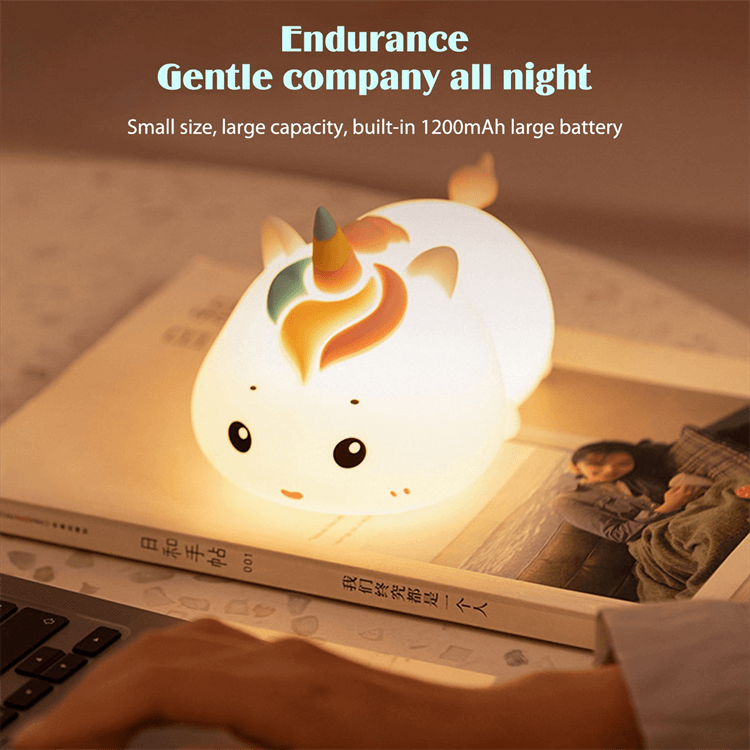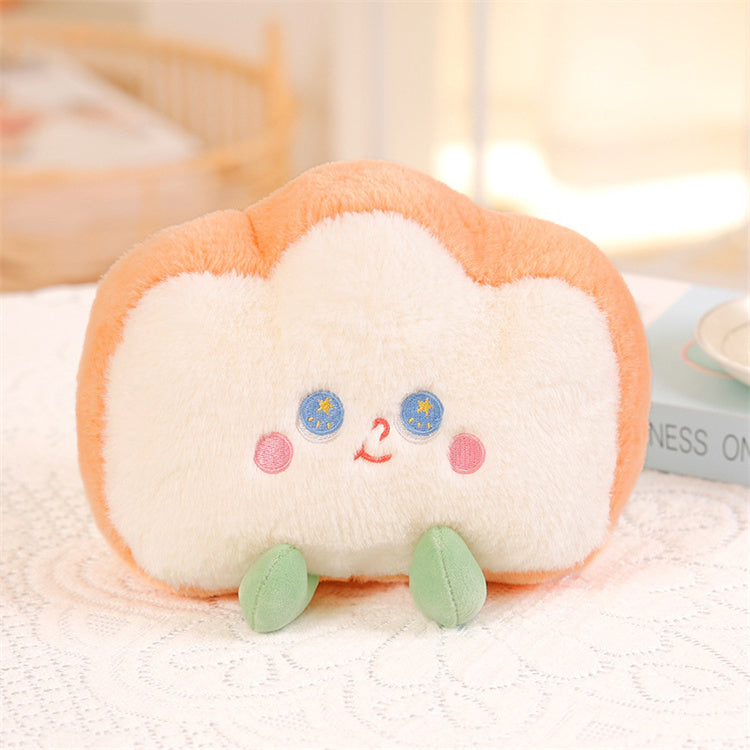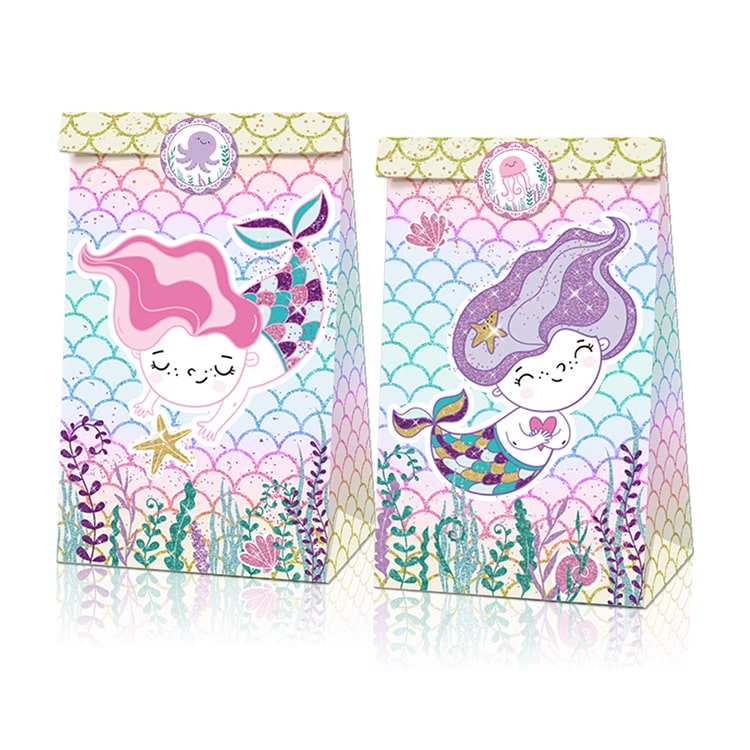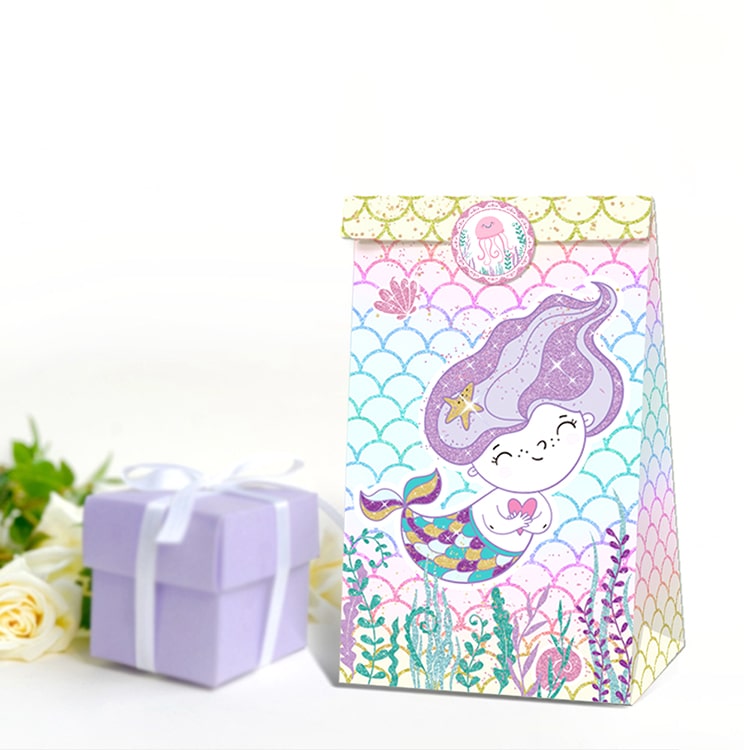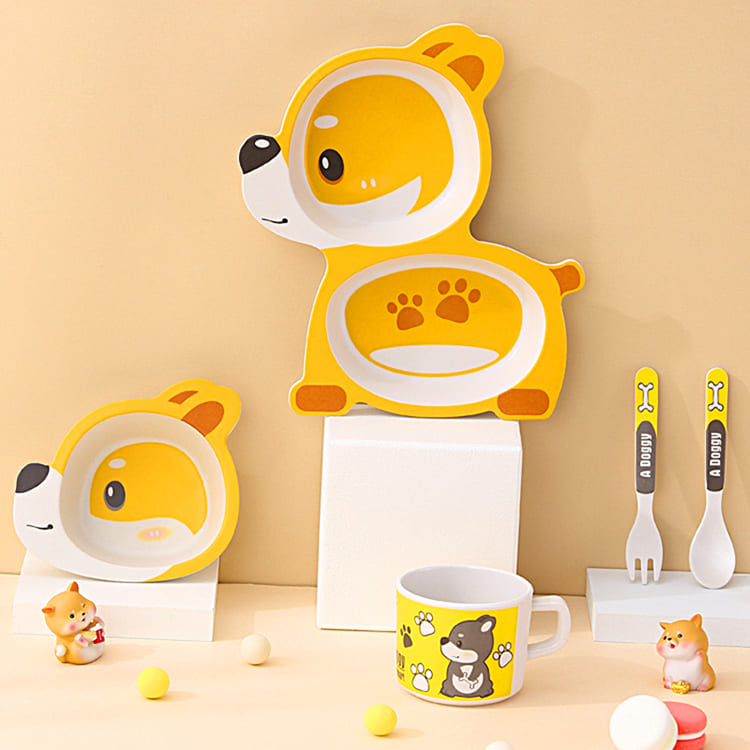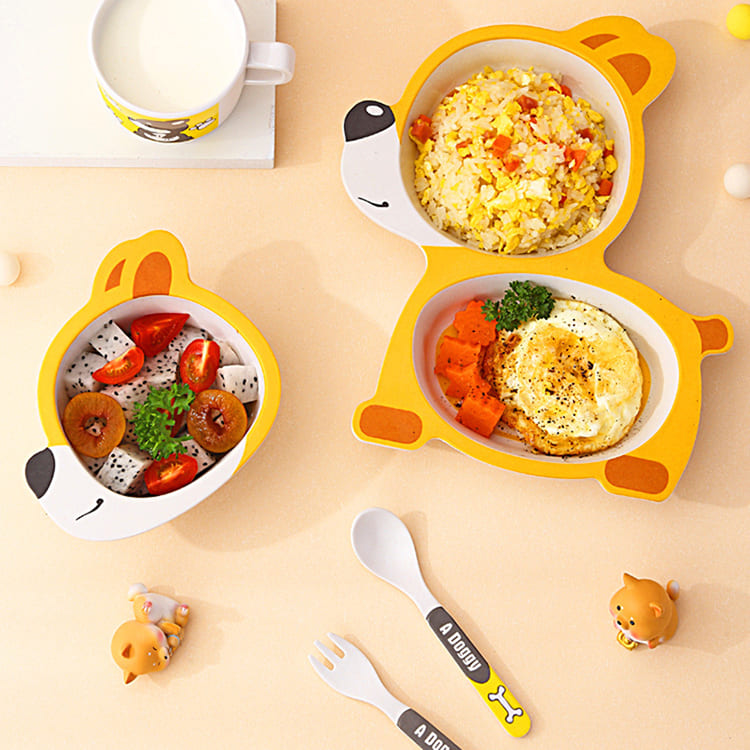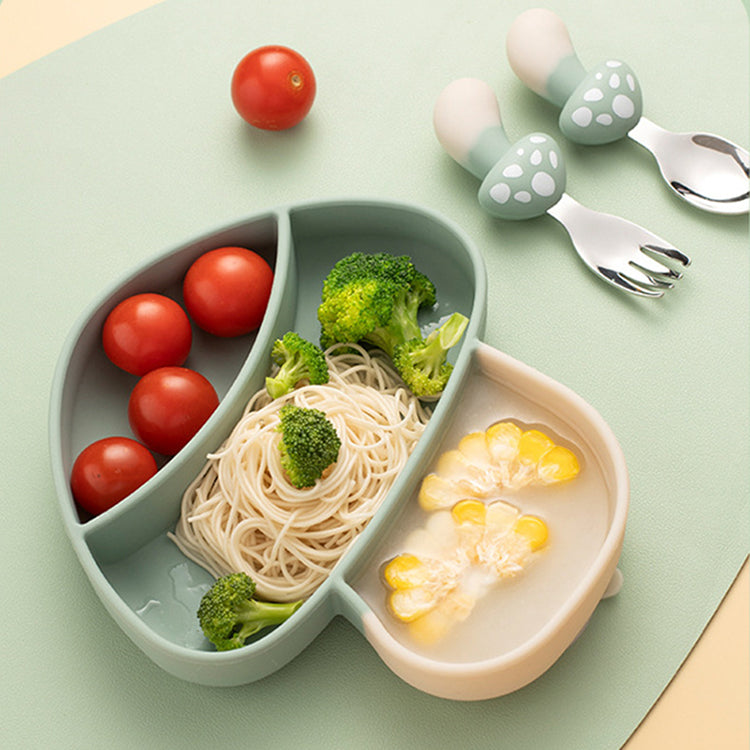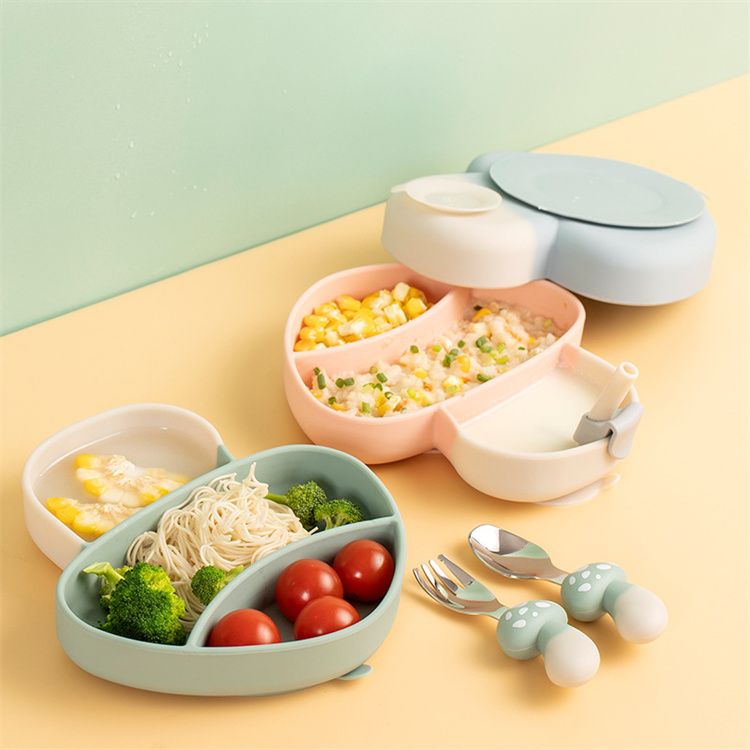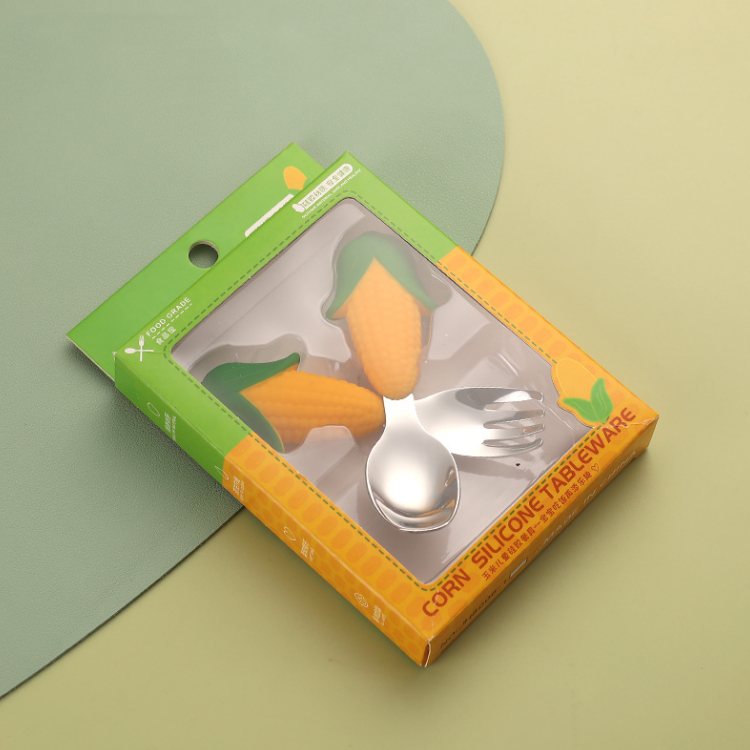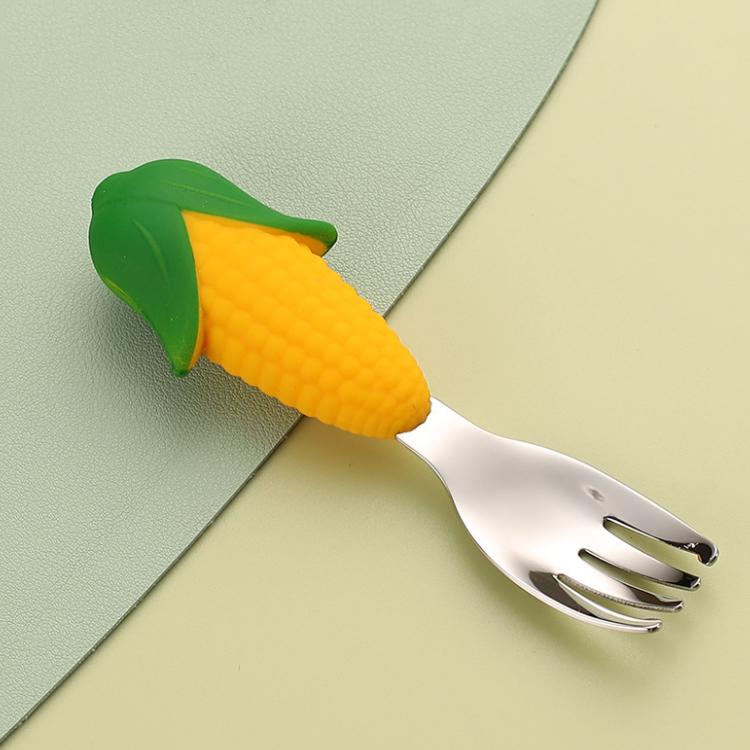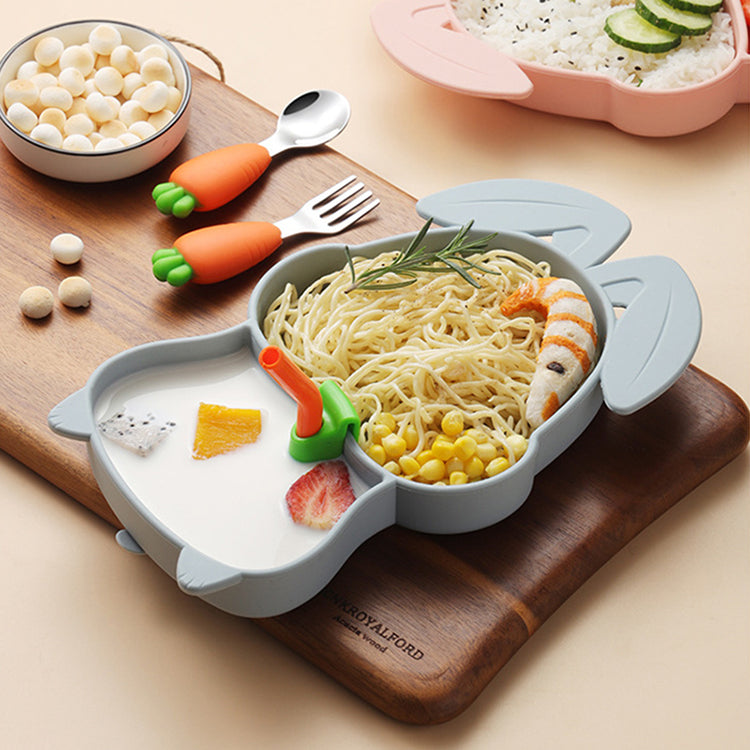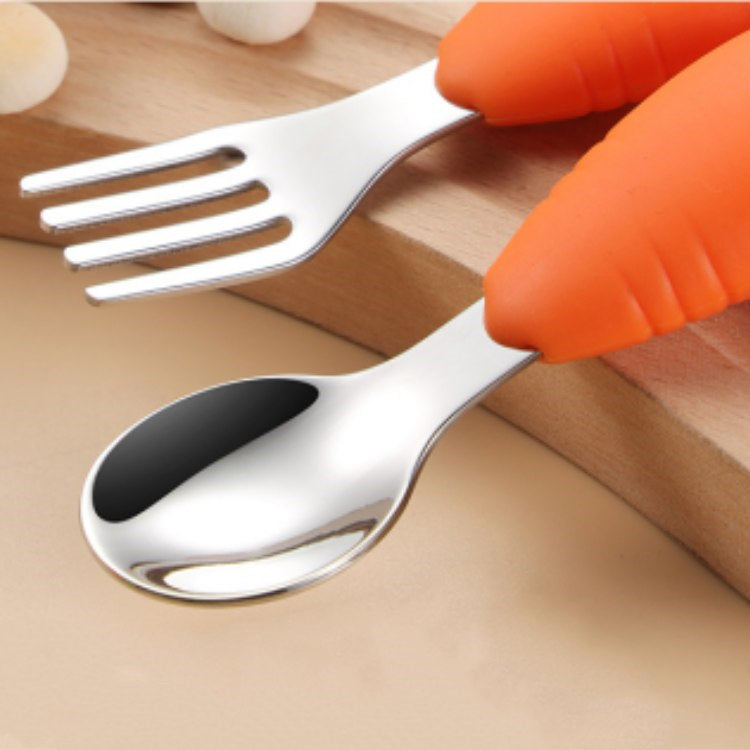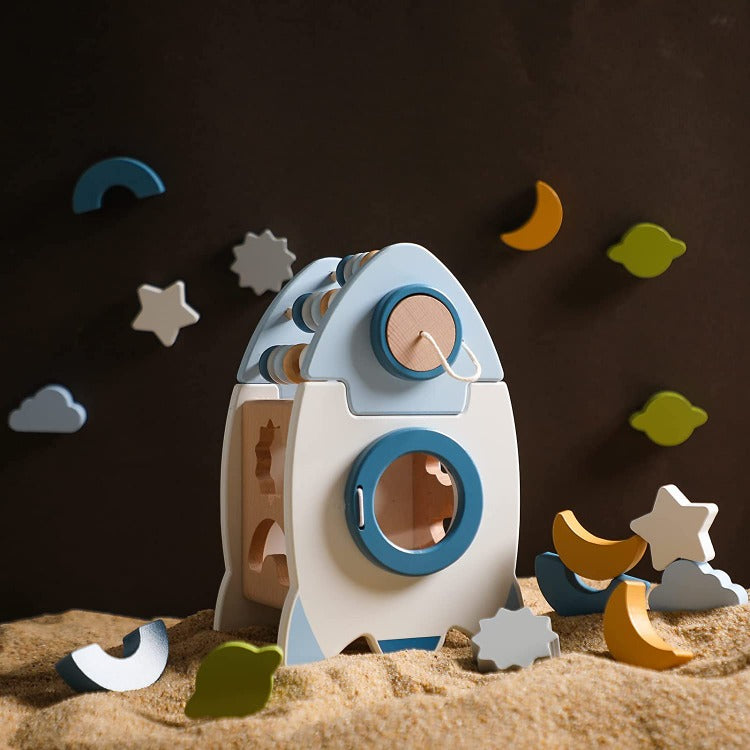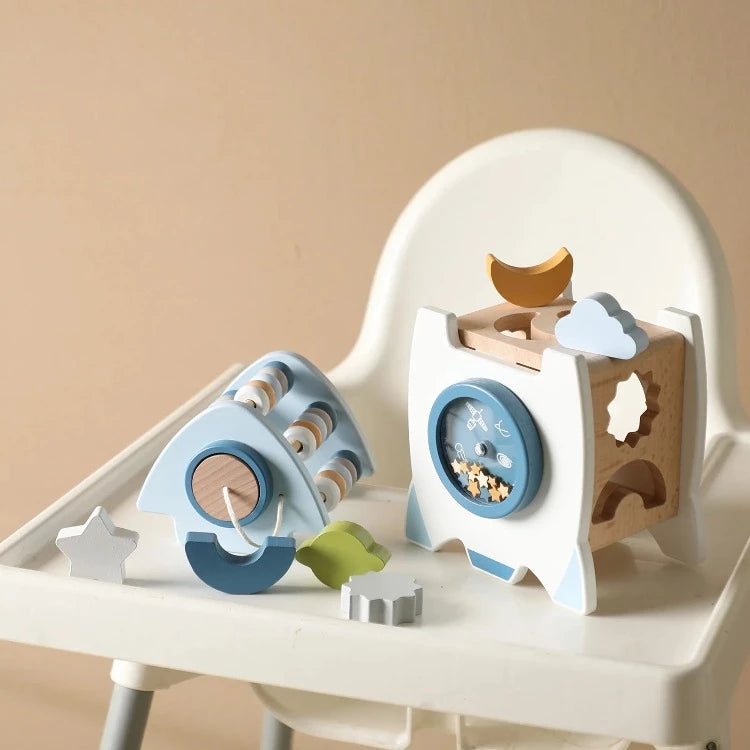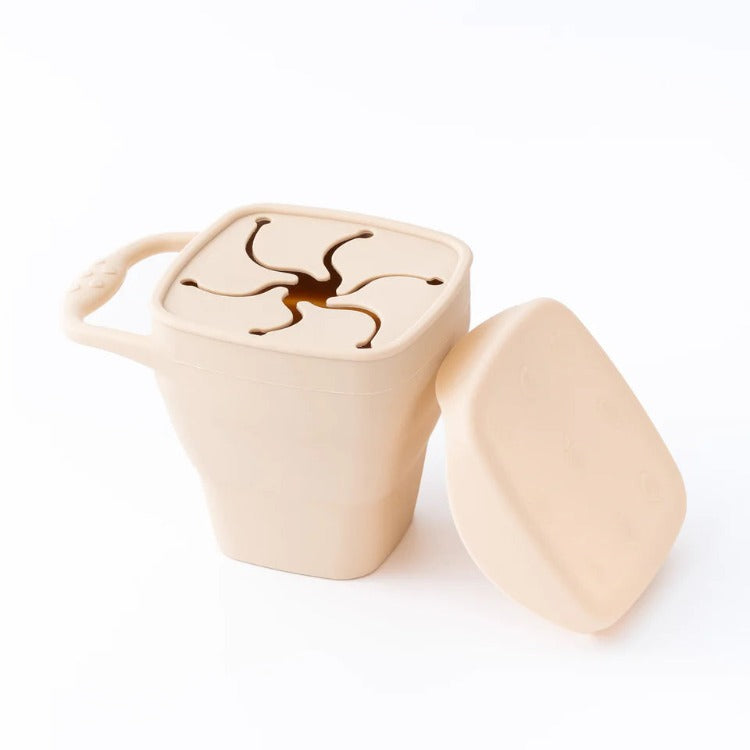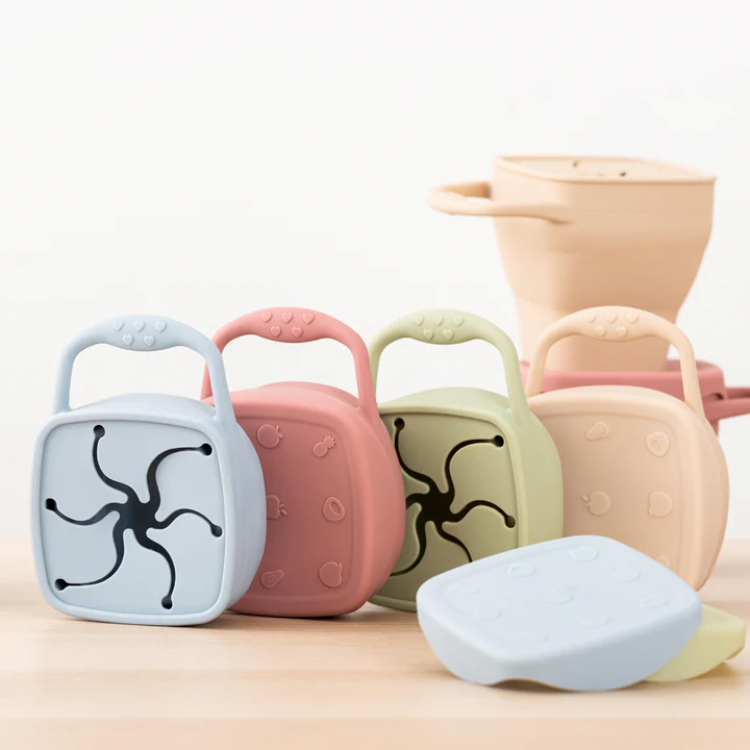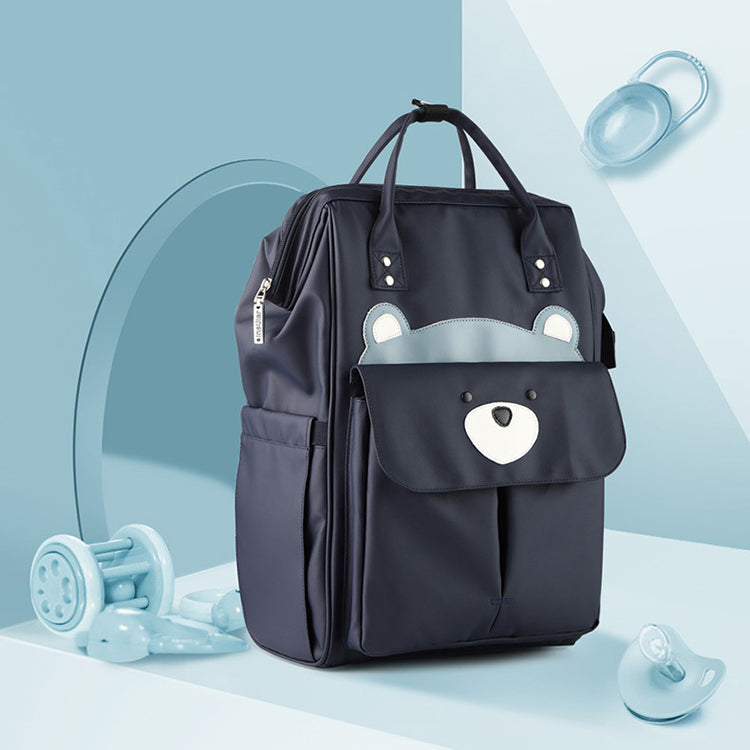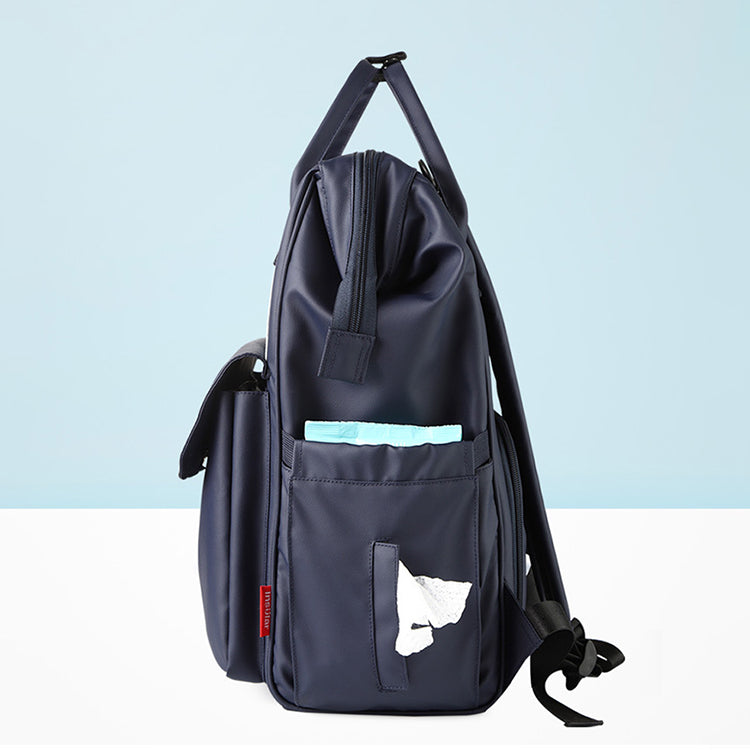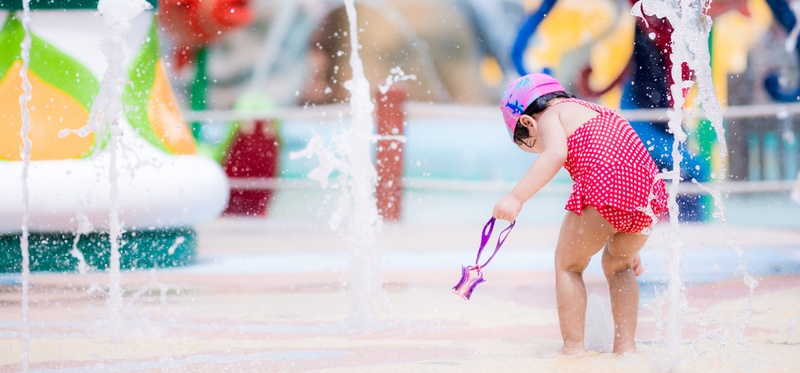
Vital Role of Water Play in Childhood Development
Water play is not just a delightful activity for toddlers and young kids; it's also a crucial component of their early development. Whether it's splashing in puddles, playing with water toys in a tub, or exploring water tables, this seemingly simple activity offers a myriad of benefits for children. In this article, we will delve into the importance of water play in fostering physical, cognitive, and social development in the early years.
Physical Development
One of the primary advantages of water play for toddlers is its positive impact on physical development. Water play provides an environment that encourages gross and fine motor skill development. Activities such as pouring, squeezing, and stirring water help enhance hand-eye coordination and strengthen hand muscles. Additionally, the resistance of water allows children to engage in activities that promote overall muscle development, including walking, jumping, and reaching.
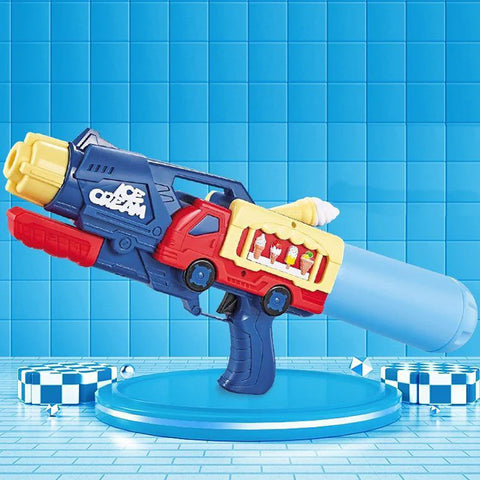
Water play also aids in the development of balance and coordination. While navigating the wet and sometimes slippery surfaces, children learn to adjust their movements, improving their sense of balance. Water play offers a unique sensory experience as well, stimulating the tactile and proprioceptive systems, crucial for a child's overall physical development.
Cognitive Development
Beyond the physical benefits, water play contributes significantly to cognitive development in young children. The open-ended nature of water play fosters creativity and imagination. Children learn to experiment with the properties of water, observing its flow, buoyancy, and the effects of various objects on its surface. These observations lay the foundation for basic scientific concepts.

Furthermore, water play introduces children to mathematical concepts such as measurement, volume, and capacity. Pouring water from one container to another, comparing the size of different cups, and exploring concepts like "more" and "less" help develop early math skills in an enjoyable and practical manner.
Language development is also stimulated during water play. Children engage in conversations, describe their actions, and communicate with peers while playing. Water play offers a rich vocabulary-building experience as children learn words related to water, containers, and actions, expanding their language skills.
Social Development
Water play provides an excellent setting for social interaction and cooperation among young children. Whether it's sharing water toys, taking turns with a bucket, or collaborating on building structures with water, these activities promote social skills and teamwork. Through water play, children learn to negotiate, cooperate, and engage in reciprocal play, laying the groundwork for positive social interactions in later years.
Moreover, water play can help children overcome shyness and build confidence. The relaxed and enjoyable nature of water activities creates a comfortable atmosphere, encouraging children to express themselves, make new friends, and engage with their peers.
The warm summer months are ideal for structured and impromptu water play. Get the whole family involved and make lasting memories with your little ones. Whether at a beach, a dam or a river there are many natural places to explore with water. At the pool or even just a tub of water in the back yard. Children love water. Water tables are another option look out for or create. Remember to be water safe, always.




